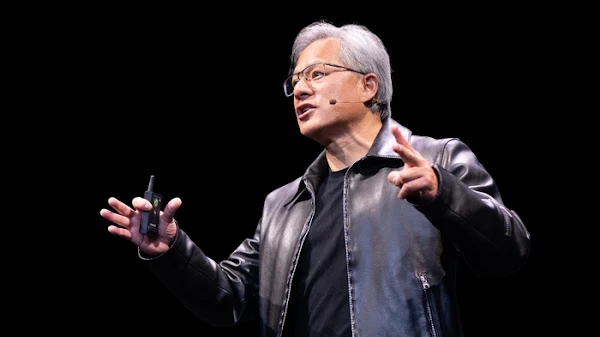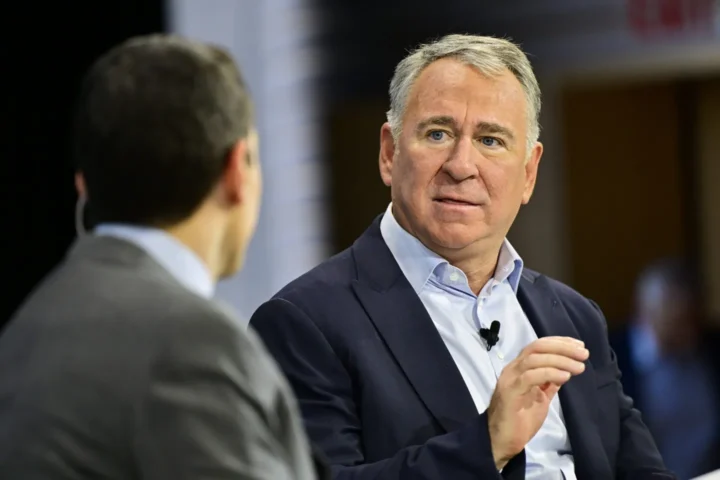Nvidia CEO Jensen Huang said Friday that the company is in discussions with the Trump administration about a potential new semiconductor for China, as Washington and Beijing continue to negotiate over high-tech trade restrictions.
Speaking in Taiwan during a visit to manufacturing partner Taiwan Semiconductor Manufacturing Co. (TSMC), Huang confirmed that Nvidia is considering a chip known as the “B30A,” designed specifically for AI data centers in China.
“I’m offering a new product to China for … AI data centers, the follow-on to H20,” Huang said. “But that’s not our decision to make. It’s up to, of course, the United States government. And we’re in dialogue with them, but it’s too soon to know.”
Limited Performance, Tight Rules
The proposed B30A chip would be based on Nvidia’s Blackwell architecture but run at about half the speed of its flagship B300 processors. The U.S. currently bans exports of Nvidia’s most advanced chips to China over national security concerns, including fears they could enhance China’s military and surveillance capabilities.
The B30A would be less powerful, mirroring a compromise that has already allowed Nvidia to resume some business in China.
In April, Washington approved sales of the H20 chips to Chinese customers, but imposed a 15% tax on those transactions. Rival Advanced Micro Devices (AMD) faces the same levy for its MI380 chips. Huang praised the administration’s decision, saying it allowed Nvidia to meet Chinese demand without compromising U.S. security.
He declined to comment directly on the tax but noted that “Nvidia appreciates being able to sell H20s to China.”
Rising Security Tensions
The arrangement comes amid wider U.S.–China trade negotiations. Beijing recently approved more exports of rare earth magnets to the U.S., while Washington lifted restrictions on chip design software and jet engines.
But the relationship remains fraught. This week, China’s Cyberspace Administration publicly accused Nvidia of embedding “serious security issues” in its products, including alleged backdoor technologies for tracking, remote shutdown, and location monitoring.
Huang pushed back strongly against those claims. “We have made very clear and put to rest that H20 has no security backdoors. There are no such things. There never has [been],” he said. “Hopefully the response that we’ve given to the Chinese government will be sufficient.”
He added that Nvidia was “surprised” by the accusations and is actively working with Beijing to clarify the matter.
Political Friction
The scrutiny may also have been inflamed by recent comments from U.S. Commerce Secretary Howard Lutnick, who said in a CNBC interview that Washington’s strategy is to sell only outdated chips to China.
“We don’t sell them our best stuff,” Lutnick said. “Not our second best stuff. Not even our third best, but I think fourth best is where we’ve come out that we’re cool.”
Unconfirmed reports suggest Chinese officials were angered by those remarks.
China Pushes for Self-Reliance
China’s ruling Communist Party has long prioritized technological self-sufficiency as a national strategy. Yet despite heavy state investment, the country still depends heavily on U.S. know-how in semiconductors, particularly in high-performance GPUs used for artificial intelligence.
For Nvidia, the stakes are high. The company dominates the global AI chip market and has relied on China for a significant share of revenue. But as geopolitical rivalry deepens, Huang’s efforts highlight the balancing act of navigating U.S. restrictions while trying to maintain access to the world’s second-largest economy.








